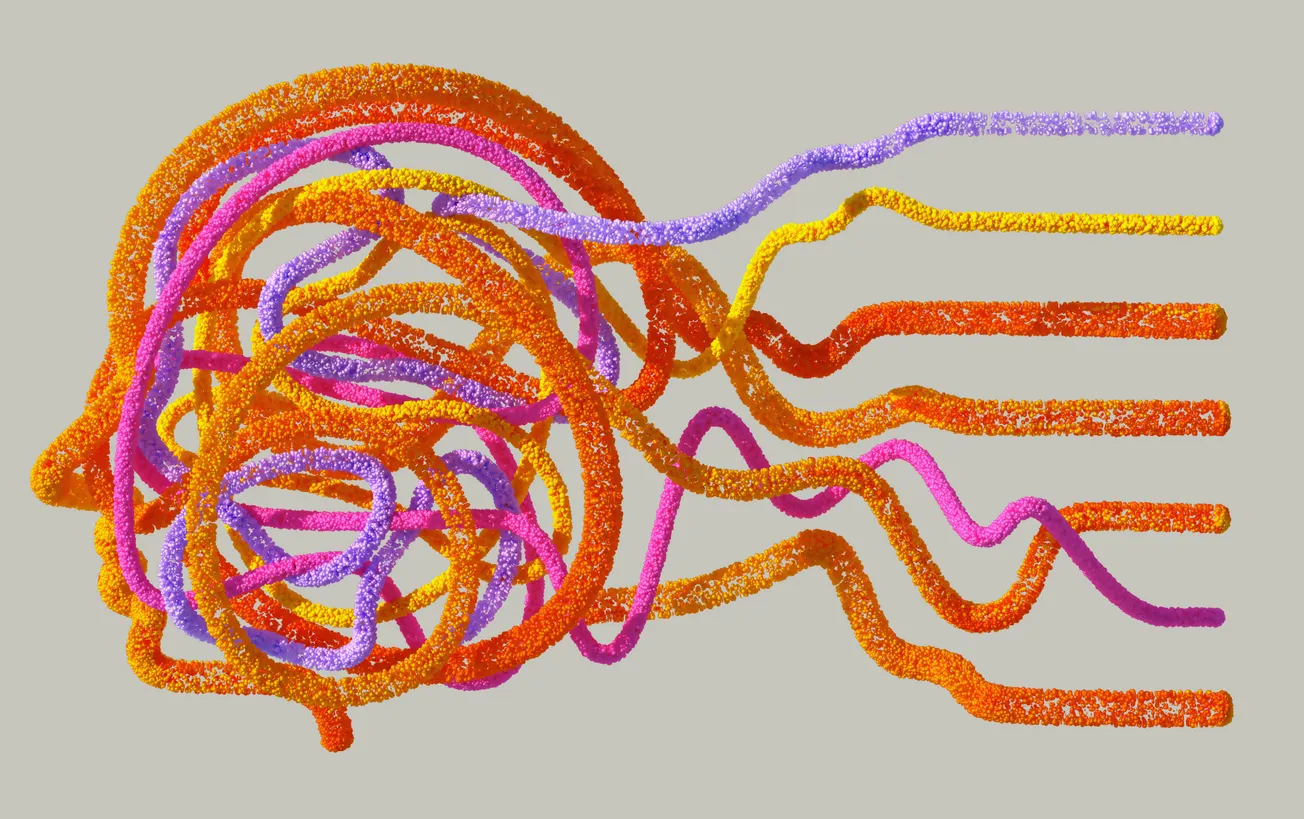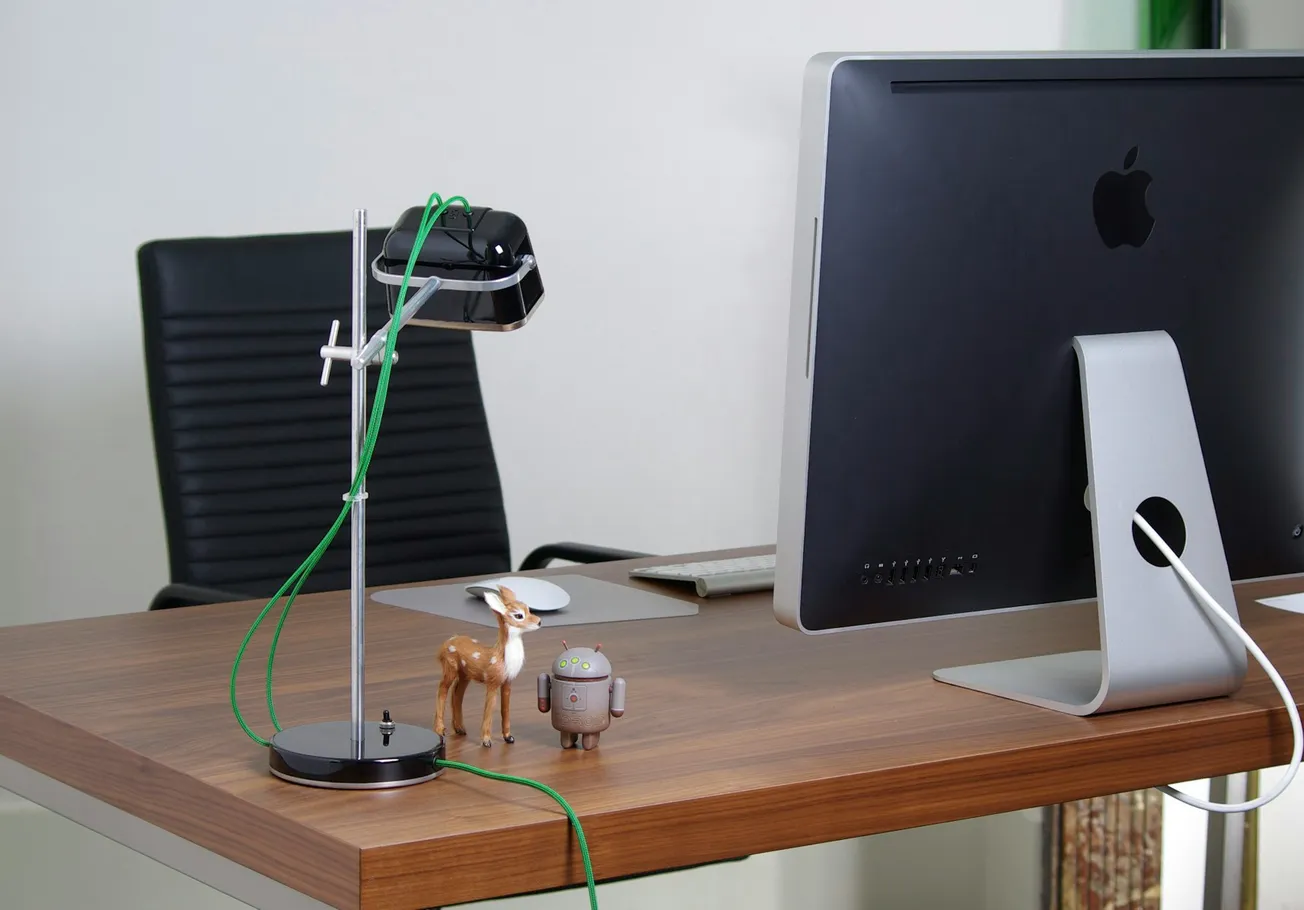As we move toward 2026, one thing is clear: artificial intelligence (AI) is not merely a trend but a revolution that will redefine our lives and societies. The last few years have seen AI pervade our daily activities, and while its impact has been significant, what lies ahead promises to be even more profound.
From its integration into healthcare to the management of geopolitical tensions, these trends will shape our professional and personal dealings. Therefore, understanding and adapting to these changes will be crucial for anyone looking to thrive in the evolving landscape of technology.
1. Agents in Everyday Life
The concept of agentic AI, or AI assistants that take autonomous actions, is set to evolve. Imagine a virtual assistant that doesn't just answer queries but also manages your groceries, travel plans and even interacts with your smart-home devices. In workplaces, AI will move beyond assistance to collaborate on complex projects and interact directly with stakeholders, enhancing productivity.
2. The Synthetic Content Crisis
Prediction indicates that by 2026, up to 90% of online content could be derived from synthetic sources. While this may enhance data analysis, it also poses a threat to authentic human expression as it may overwhelm genuine voices with generic content. The challenge will be to ensure that creativity and authenticity shine through in an era awash with AI-generated writings.
3. The Future of Work
As AI automates more tasks, we will see a restructuring of the workforce. New roles will emerge, such as prompt engineers and AI ethics specialists, while traditional jobs may phase out. This evolution will require workers to adapt and acquire new skills to stay relevant in a changing job market.
4. AI in the Physical World
AI's influence will encompass not only digital spaces but also physical environments. Expect to see an increase in autonomous vehicles and humanoid robots performing tasks across various industries. This integration signifies a leap towards a more interconnected world that redefines our interaction with technology.
5. Geopolitical Disruption Driven by AI
Governments are acutely aware of the disruptive potential of AI in international relations. We may see AI levered in market manipulation and supply chain control, underscoring its strategic significance in global politics and trade.
6. Invisible AI
Much like past technological innovations, AI is becoming ingrained in our daily lives to the extent that it will no longer be viewed as a novelty but as a standard component of existence. Future generations are unlikely to question the presence of conversational AI in their lives.
7. Everyday AI in Healthcare
Innovations such as AI-enhanced stethoscopes demonstrate the technology's potential to revolutionize healthcare practices. By 2026, AI could be a staple in clinical settings, aiding diagnosis and patient recovery with unprecedented accuracy.
8. Energy-Efficient AI
As AI technology demands grow, energy efficiency will become a pressing issue. The reliance on AI can lead to soaring energy usage, prompting the emergence of sustainable energy practices and innovative solutions like micro-nuclear reactors to power data centers.
In conclusion, as we brace for the changes that AI will bring forth in 2026, it’s essential to stay informed and adaptable. The advancements in AI present remarkable opportunities, alongside significant challenges that require collective awareness and action. As we navigate this landscape, it will get more important to leverage AI responsibly to bridge gaps, enhance realities and drive progress in our lives and industries.
For further insights, check out the full article by Bernard Marr.






